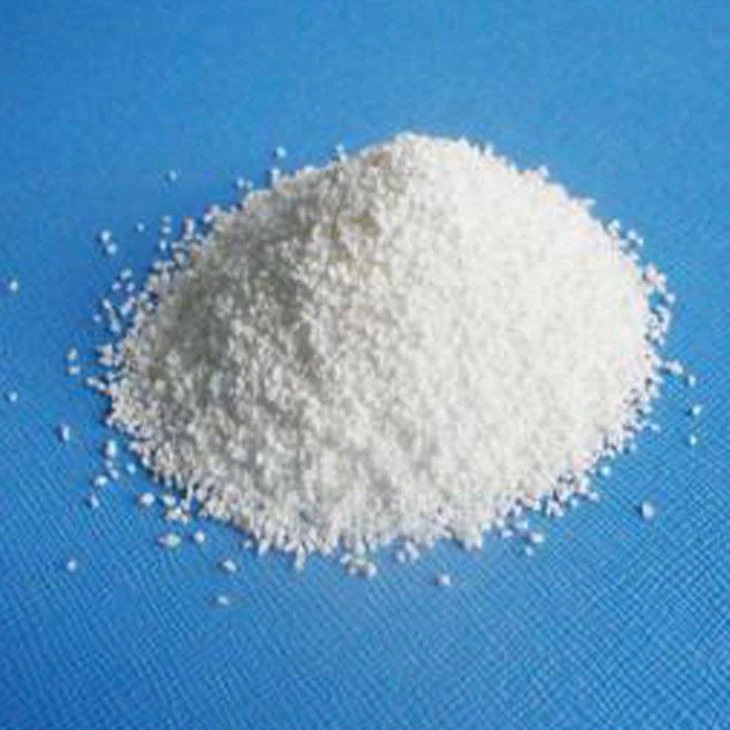



chlorine dioxide medical use
Chlorine Dioxide Medical Uses and Controversies
Chlorine dioxide (ClO2) is a chemical compound best known for its use as a bleaching agent and disinfectant. It is a powerful oxidizing agent and has been utilized in various industries, particularly in water treatment and food sanitation. However, in recent years, chlorine dioxide has gained notoriety for its proposed medical uses, raising both interest and controversy. This article will explore the medical applications of chlorine dioxide, the scientific evidence supporting its use, and the associated safety concerns.
Medical Applications
Chlorine dioxide has been investigated for several medical purposes. One of its primary applications is in the field of dentistry, where it is used as a mouth rinse to reduce bacterial load and improve oral hygiene. Studies have shown that diluted solutions can effectively kill bacteria that cause periodontal disease, thus making chlorine dioxide a potential adjunct to traditional oral care practices.
Additionally, chlorine dioxide has been explored as a potential treatment for certain infections. Its antimicrobial properties extend to a variety of pathogens, including bacteria, viruses, and fungi. Some clinical studies have examined the effectiveness of chlorine dioxide in treating infections caused by resistant strains of bacteria, such as MRSA (Methicillin-resistant Staphylococcus aureus). However, while preliminary findings are promising, more research is essential to fully understand the efficacy and safety of chlorine dioxide for these applications.
The Controversy Surrounding Medical Use
Despite its potential benefits, the use of chlorine dioxide as a medical treatment has sparked considerable debate. One of the most controversial claims is the promotion of chlorine dioxide as a cure for COVID-19. Advocates of this notion have proposed ingesting chlorine dioxide solutions as a means to cleanse the body of the virus. However, major health organizations, including the World Health Organization (WHO) and the U.S. Food and Drug Administration (FDA), have vehemently opposed these claims. The FDA has issued warnings against the consumption of chlorine dioxide products, citing numerous cases of severe adverse effects, including nausea, vomiting, diarrhea, and even life-threatening conditions.
chlorine dioxide medical use

The promotion of chlorine dioxide for medical use is further complicated by the lack of rigorous scientific evidence. While some in vitro studies indicate that chlorine dioxide can kill the SARS-CoV-2 virus in laboratory settings, translating these effects into safe and effective clinical treatments remains unsubstantiated. The dosage and mode of administration that might be safe for humans have not been adequately determined, and therefore, health authorities strongly discourage its use outside of controlled research settings.
Safety Concerns
The safety profile of chlorine dioxide has been a significant concern. As a powerful oxidizing agent, it can cause irritation to the skin, eyes, and respiratory system. Exposure to high concentrations can result in serious health risks. The risks associated with ingesting chlorine dioxide extend beyond mere irritation; cases of acute toxicity have been reported, necessitating medical attention. Proponents claim that when diluted properly, it is safe; however, the line between safe and harmful concentrations can be dangerously thin.
Moreover, the natural human inclination to seek out quick fixes for health problems can lead to misuse and unregulated applications of chlorine dioxide products. The availability of these substances online and in some alternative medicine circles further complicates the public's understanding of their potential risks and benefits.
Conclusion
While chlorine dioxide possesses genuine antimicrobial properties and has applications in certain medical settings, its promotion as a broad-spectrum medical treatment is fraught with risks and lacks substantial scientific backing. The adverse effects associated with ingestion and the controversies surrounding its efficacy make it imperative for both healthcare professionals and the public to approach the topic with caution.
The medical community must prioritize rigorous research to explore the potential benefits of chlorine dioxide while ensuring patient safety. Education and awareness about the chemical's risks are essential to preventing misuse. As the landscape of medical treatments continues to evolve, it is paramount to rely on evidence-based practices rather than anecdotal claims, keeping patient health and safety at the forefront of medical advancements.
-
Why Sodium Persulfate Is Everywhere NowNewsJul.07,2025
-
Why Polyacrylamide Is in High DemandNewsJul.07,2025
-
Understanding Paint Chemicals and Their ApplicationsNewsJul.07,2025
-
Smart Use Of Mining ChemicalsNewsJul.07,2025
-
Practical Uses of Potassium MonopersulfateNewsJul.07,2025
-
Agrochemicals In Real FarmingNewsJul.07,2025
-
Sodium Chlorite Hot UsesNewsJul.01,2025










